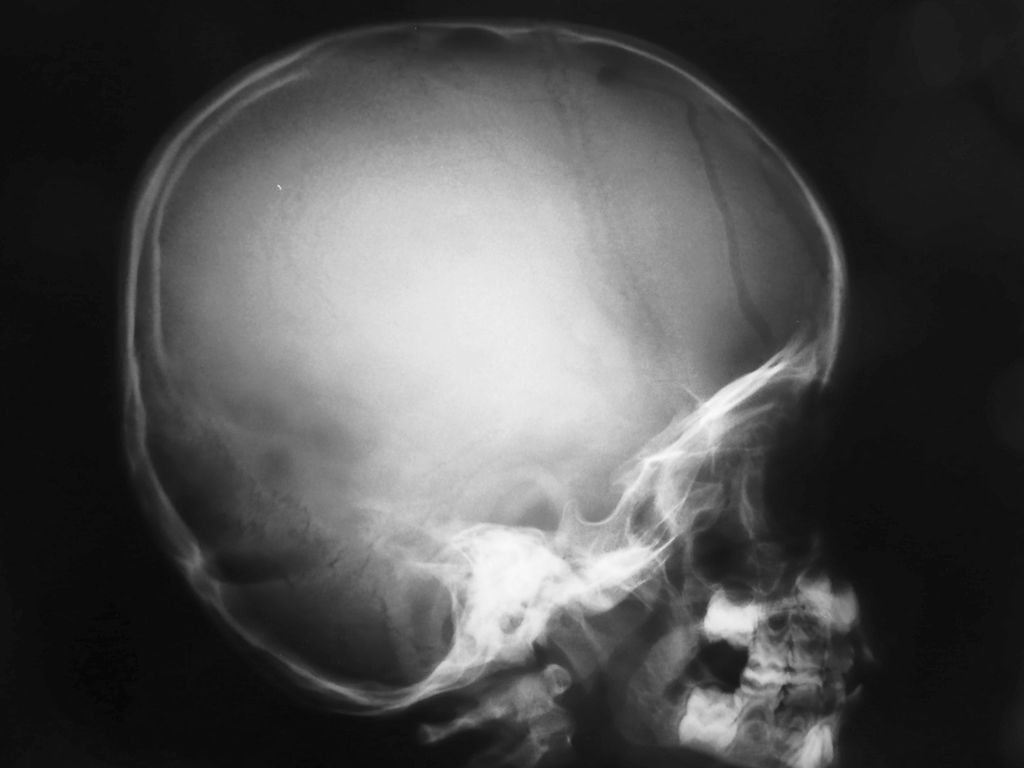Ryke Geerd Hamer and the Dangers of Positive Thinking
Dr. Ryke Geerd Hamer died on July 2. It was hardly noticed in English language media. This is not surprising as, indeed, he was an obscure person. But, unfortunately, his legacy lives on, and the harm he has caused far outweighs the media attention that he has been given (Spanish and German newspapers have dedicated more attention to his death).
So, who was Ryke Geerd Hamer? He was a physician, and the founder of the so-called New German Medicine. Hamer’s son was shot dead, and following this tragedy, Hamer himself was diagnosed with cancer. As a result, Hamer then concluded that his cancer was a result of the tremendous stress he went through after his son’s death. He underwent surgery, and his cancer was cured. But, he developed a theory, according to which, not just cancer, but actually all diseases are psychosomatic, and come up as a result of anxiety or stress. He thus encouraged cancer patients to avoid surgery or chemotherapy and just focus on their mental circumstances, assuring them that the disease would thus go away.
Realizing the danger of this therapy, German authorities revoked his medical license. He moved around other European countries promoting his ideas, but medical authorities took notice and prevented him from practicing. In one case in Austria, he encouraged the parents of a girl with Wilm’s tumor to resist treatment, which could have cured her with a high degree of probability. Because of this refusal, the girl came very close to dying. Fortunately, the authorities stepped in, took away custody from the parents, and saved the girl’s life. Hamer eventually settled in Norway.
On the surface, Hamer seemed to be on the fringes, and maybe that is why few newspapers took notice of his death. Apart from his weird theories on disease, he was also a conspiracy theorist. He believed medicine is dominated by Jews, who poison patients with conventional biomedical treatment, but who secretly treat Jewish patients with the principles that Hamer defended. With such an anti-Semite, it is easy to understand why he died in obscurity.
But, if we look closely, we will notice that his ideas are more influential than we think, and therefore, we should not underestimate the power of his impact. For, both in the left and the right, there are movements that promote similar ideas, with disastrous consequences.
Hamer’s ideas are very similar to Christian Science, the 19th Century religious movement that claimed that disease could be cured through prayer alone. This is a form of extreme idealism that, bizarrely, has found a niche in the political right. The status quo is frequently justified by arguing that those on the lower end of the socioeconomic hierarchy are there because they deserve so, as they have not sufficiently changed their way of thinking. It’s all in the mind. If you want to be rich, you just have to concentrate on what you are doing and truly desire it to be so: that is the power of positive thinking. If you are poor, you have no one to blame but yourself, because you have not been positive enough. You can model reality with your thoughts. This was the absurd thesis popularized in Rhonda Byrne’s The Secret, a wildly popular book in the corporate world.
In the medical world, this tendency has also been exploited, as Barbara Ehreinreich famously documented in her book, Bright Sided: How Positive Thinking Is Undermining America. Ehreinreich, a cancer patient herself, was upset at how doctors pressured her to cheer up. Ehreinreich made a case arguing that, unfortunately, the tyranny of positive thinking has now gone beyond the medical establishment, to permeate all spheres of capitalist society.
But, Hamer’s ideas do not only resonate in the right. They have also found a niche in the left. After all, Hamer was against the medical establishment, and he could be easily portrayed as the David who courageously stands up to Goliath; i.e., Big Pharma. The world of alternative medicine usually gets some support from the left, because it is seen as a movement against the scientific hegemony of white males in labs who profit from selling drugs that we do not really need. Therefore, despite Hamer’s Nazi sympathies, his theories are well accepted in some sectors of the left.
It is absolutely true that the nervous system is connected to the immunological system. Robert Ader made a significant contribution to biomedical sciences by promoting the field of psychoneuroimmunology. So yes, stress is related to disease, and having a more positive attitude may increase the probability of surviving cancer. And, it is also true that big pharmaceutical companies are not a paragon of honesty. But, that does not mean that all diseases are psychosomatic, that they can all be cured with just psychotherapy, and that drugs that the pharmacological industry produces are useless.
Hamer is yet another example of someone who may begin by having legitimate complaints and reasonable ideas, only to take them to such extremes that they become not only absurd, but also dangerous. He did a lot of harm while alive; now that he is dead, let us hope his ideas will also die with him. Unfortunately, his ideas live on, although not necessarily identified with his name. It will take a great deal of education to eradicate such harmful ideas, but this is a much needed task.





